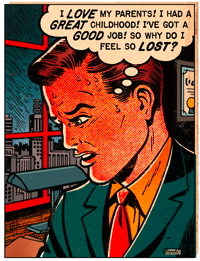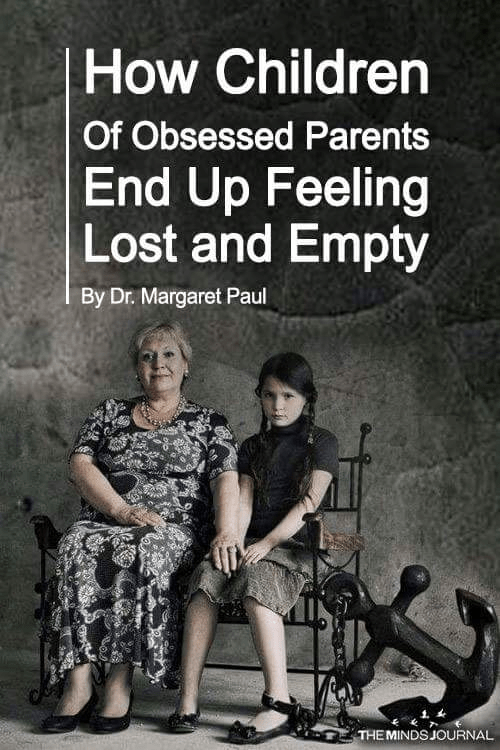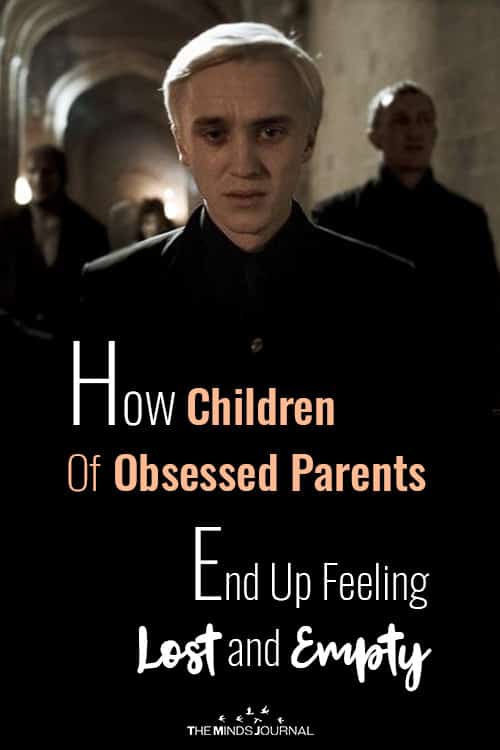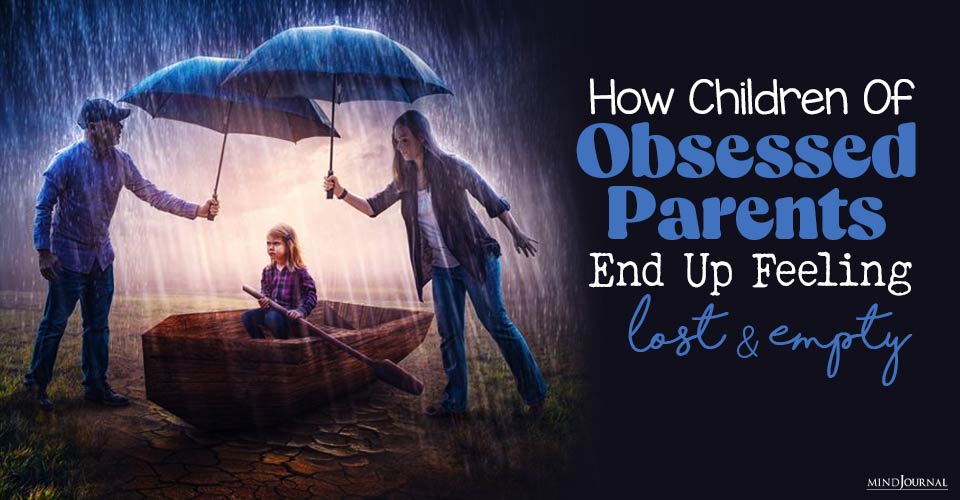Are you one of those obsessed parents? Have you ever realized your child might be feeling lost and empty because they have really over obsessive parents?
There was an interesting article in The Atlantic, entitled “How to Land Your Kid in Therapy: Why the obsession with our kids’ happiness may be dooming them to unhappy adulthood. A therapist and mother reports.

The article is about the way many parents focus much of their energy on being there for their children, but their children end up feeling lost and empty.
How Children Of Obsessed Parents End Up Feeling Lost and Empty
One of the issues I’ve written about extensively is that half of good parenting is being there for our children, and the other half is being there for ourselves.
This article says nothing about parents becoming loving role models of personal responsibility for filling their own emptiness.
Related: Helicopter Parenting: How Keeping Children From Failing Can Promote Failure
In fact, these obsessed parents, who are obsessed with their kids’ happiness, are likely addicted to filling themselves up through their children – not a healthy situation.
This article validates what Inner Bonding is all about – learning how to take responsibility for your own feelings.
The problem with these lost adults is that their parents always took responsibility for them, rather than role-modeling how to fill themselves up.
Feeling lost and empty is the result of a lack of love. As the cartoon drawing shows, these kids received an abundance of love from their parents.
But they never learned how to fill themselves with love through a personal source of spiritual guidance. They never learned how to access their own higher self to guide them in what is loving to themselves, so they end up feeling lost.
I was just like these obsessed parents for many of the years that my children were growing up. Because my parents were never emotionally there for me with love, understanding, compassion, and caring, I vowed to give that to my children.
And I did. The problem was that I was not giving it to myself, so I was not teaching my children to give it to themselves. Instead, I was teaching them that someone else was responsible for making them happy.
Fortunately, we created Inner Bonding while my children were adolescents, so they got some of the role-modeling before leaving home.
It was not an easy transition for me or for them, to go from caretaking them – taking responsibility for their feelings – to taking responsibility for my feelings. But it was one of the best things I ever did for my children.
Are you at least as focused on being there for your own feelings as you are on being there for your children’s feelings?
If not, are you willing to learn how to take responsibility for your feelings so that your children learn how to take responsibility for theirs?
Truly, this is one of the best gifts you can give to your children.
Related: 10 Hints of Bad Parenting in A Child’s Behavior
Far too many of the people I work with say the exact same thing that is in the cartoon:
“I LOVE my parents. I’ve had a GREAT childhood! I’ve got a GOOD job! So why do I feel so LOST?”
They are very confused about this.
The first thing I ask them is, “How did your parents treat themselves?”
The response might be something like, “My mother put herself aside for my father, taking care of his every need.
My father worked hard and came home and watched TV all evening. My father was lost without my mother and died six months after my mother died of breast cancer,” or, “My mother was addicted to food, and my father was addicted to beer.”
“Did you ever see either of them taking responsibility for their own feelings?” I ask.
“No.”
This is the issue.
Related: 8 Things Parents Do That Keep Children From Succeeding
If you don’t want your children to grow up feeling lost, empty, turning to addictions, and having relationship problems, then do your own inner work and become a role model of personal responsibility for your own joy.
Want to know more about obsessed parents and how to deal with obsessed parents? Check this video out below!
Written by Margaret Paul, PhD Originally appeared on Inner Bonding For information or to schedule a phone or Skype session: 310-459-1700 • 888-646-6372 (888-6INNERBOND) http://www.innerbonding.com












Leave a Reply